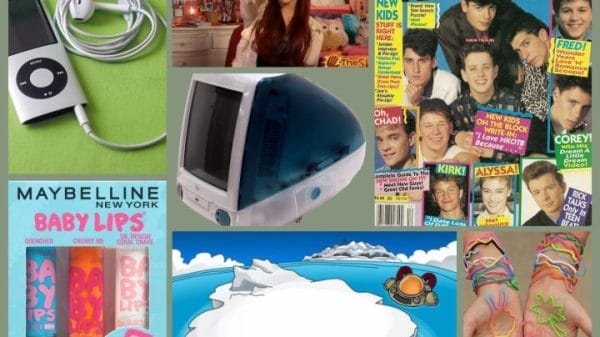Last summer, dermatologist Shadi Kourosh noticed a worrying trend: more people have been visiting the plastic surgeon. Concerned, she asked patients what inspired their decision. Their response: Zoom.
In a recent study, researchers at Harvard University introduced “Zoom Dysmorphia.” The term refers to having a negative and distorted perception of one’s body after spending too much time on video calls.
According to Dr. Kourosh:
“As reliance on video calls increased, we started seeing the consequences of how prolonged time staring back at yourself significantly impacted our patients,”
She explains:
“Increased time spent videoconferencing, using social media, and using filters on these platforms during the pandemic has led to worsening self-perception and mental health, especially in younger aged females.”
While the negative effects of Zoom have been broadly noted, Dr. Kourosh argues very few have addressed Zoom’s impact on people’s mental health and self-image.
With vaccinations spreading and people returning to in-person activities, research suggests Zoom Dysmorphia is much more serious than expected. In a recent survey, 71% out of 7,000 interviewees expressed anxiety about returning to in-person activities; they all cited feeling self-conscious about their appearance.
A Distorted Mirror
In her report, Dr. Kourosh likens the front-face camera to a “funhouse mirror.” Front-face cameras are often unflattering; they make a our noses look bigger and our eyes look smaller.
Dr. Kourosh reports:
“When you take a photograph at close range you are more at danger of distorting the image… With a front-facing camera, we found that image distortion is worse the closer we are and we tend to take selfies and sit at our laptops at close range.”
Before Zoom, a similar phenomenon known as Snapchat Dysmorphia attracted attention. Coined in 2015, the phenomenon described growing numbers of people wanting to alter their image akin to Snapchat’s face-filters.
Like Zoom, Snapchat Dysmorphia has its roots in technology. However, while Snapchat users were aware they were seeing themselves through a filter, Zoom Dysmorphia operates differently; video conferencing can distort a person’s self-image without even realizing it.
Learning to Cope
According to Kourosh’s survey, three in 10 declared they plan to invest in their appearance. Many shared concerns over weight gain, skin discoloration, wrinkles, and acne– all exacerbated by using Zoom during the pandemic.
However, Dr. Kourosh advises the best way to fight Zoom Dysmorphia is through awareness.
“A lot of people are suffering from the negative mental health impacts quietly… [what’s important is] helping people know they’re not alone.”
In the face of insecurity, Dr. Kourosh advises people to protect their mental health. If possible, turn off your camera when not required. Also, try to limit social media; because photo editing is so common, it can compel one to compare one’s face to a photoshopped image.
If your appearance is of serious concern, consult with a certified dermatologist; they can advise on self-care and help determine whether a problem requires genuine intervention or not. Finally, if body insecurity prevails, reach out to a psychologist or mental health professional.
As for those who can’t escape Zoom calls, take a lesson from the MySpace generation: hold up your camera and find good lighting.
Remember, you’re not alone.














